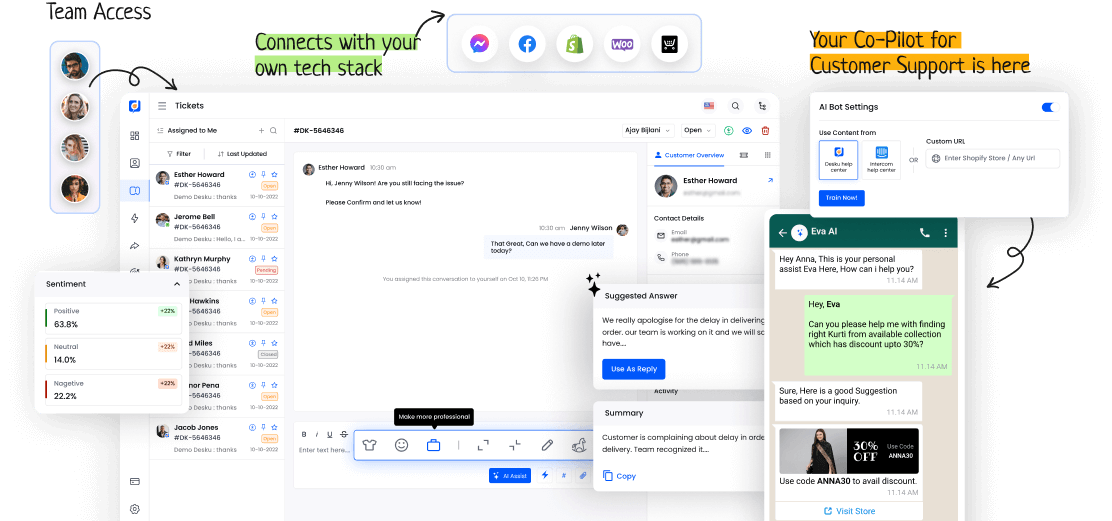In today's complex society, the term 'blacklist' is important. It often sparks interest and worry. This list of banned groups has a long history. It carries meanings that go beyond simple words on a page.
How does a person end up on this list? What happens to them? The mystery of blacklists encourages us to learn more. It shows a world where choices have lasting effects and where being careful is key.
I. Definition of Blacklist
A blacklist is a list of people, groups, or entities with restrictions or bans on certain actions or rights. Blacklists began in ancient Rome. There, they stopped people from taking part in specific social, political, or business interactions.
Today, industries like finance, security, and employment use blacklists. They help manage risk and safeguard interests.
II. Different Types of Blacklists
Blacklists vary, each fitting distinct industries and purposes for risk control and interest protection. Often, people wrongly think all blacklists are the same.
But, different types exist, each with unique industry uses. Knowing these differences is vital for managing risk well and meeting industry rules.
III. Impact and Consequences of Blacklisting
Being blacklisted can hurt you deeply. It can stain your reputation. This can make it hard to get future jobs. It can stunt your professional growth.
If you're blacklisted, finding work can be tough. You may face being shut out socially. It can be hard to build trust again. A blacklist can hold back your career. It can affect your personal well-being.
It's crucial to fix blacklisting issues quickly.





